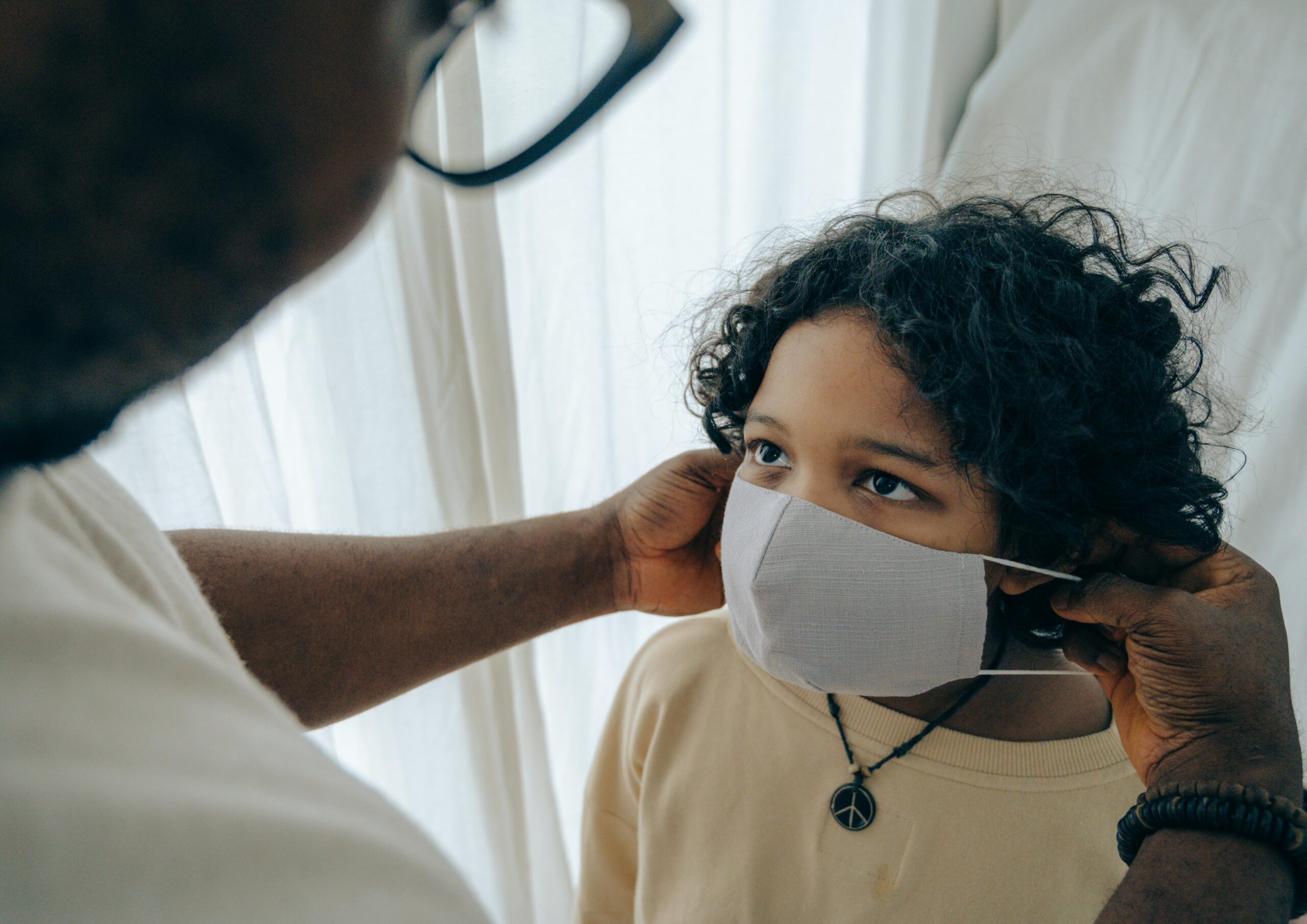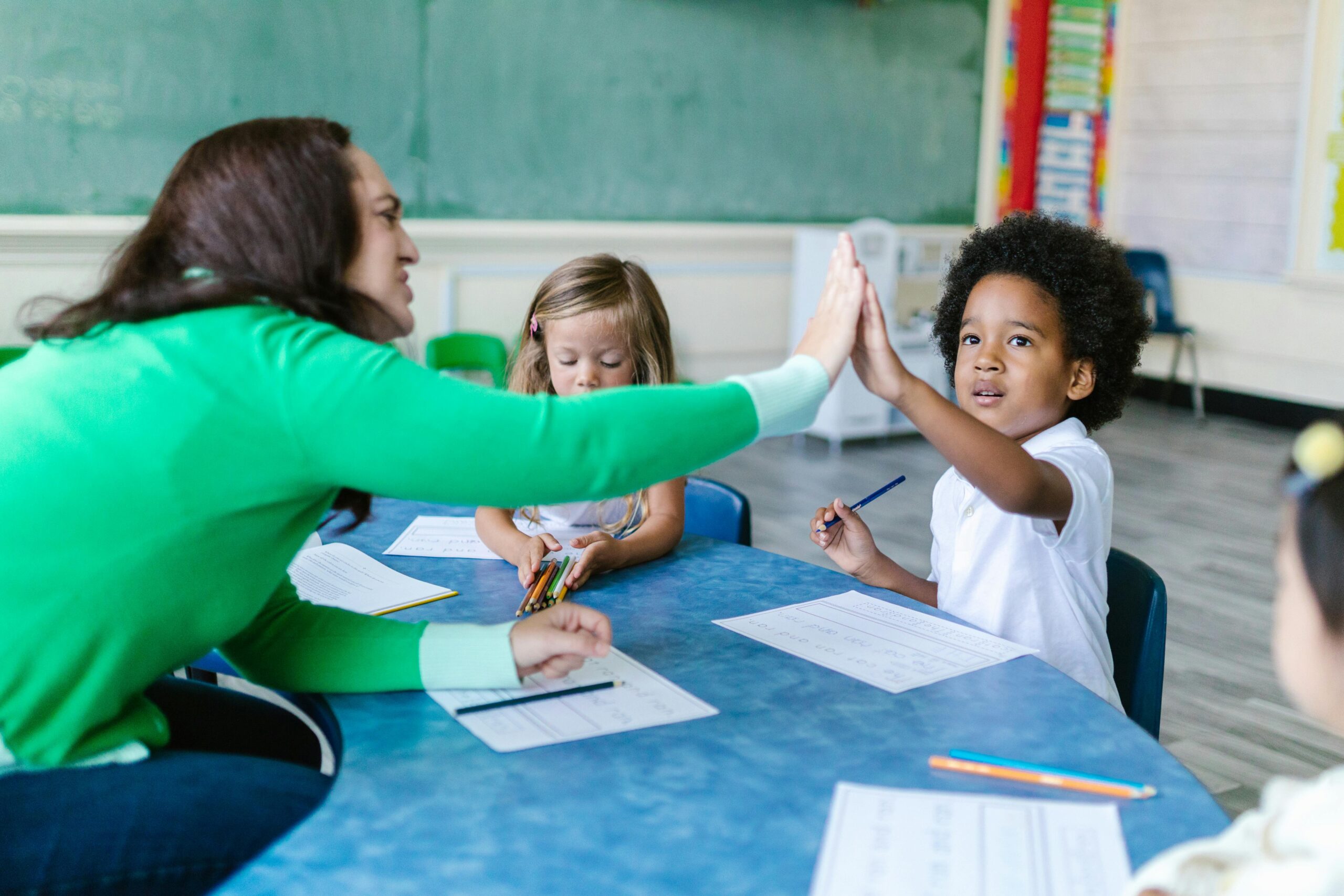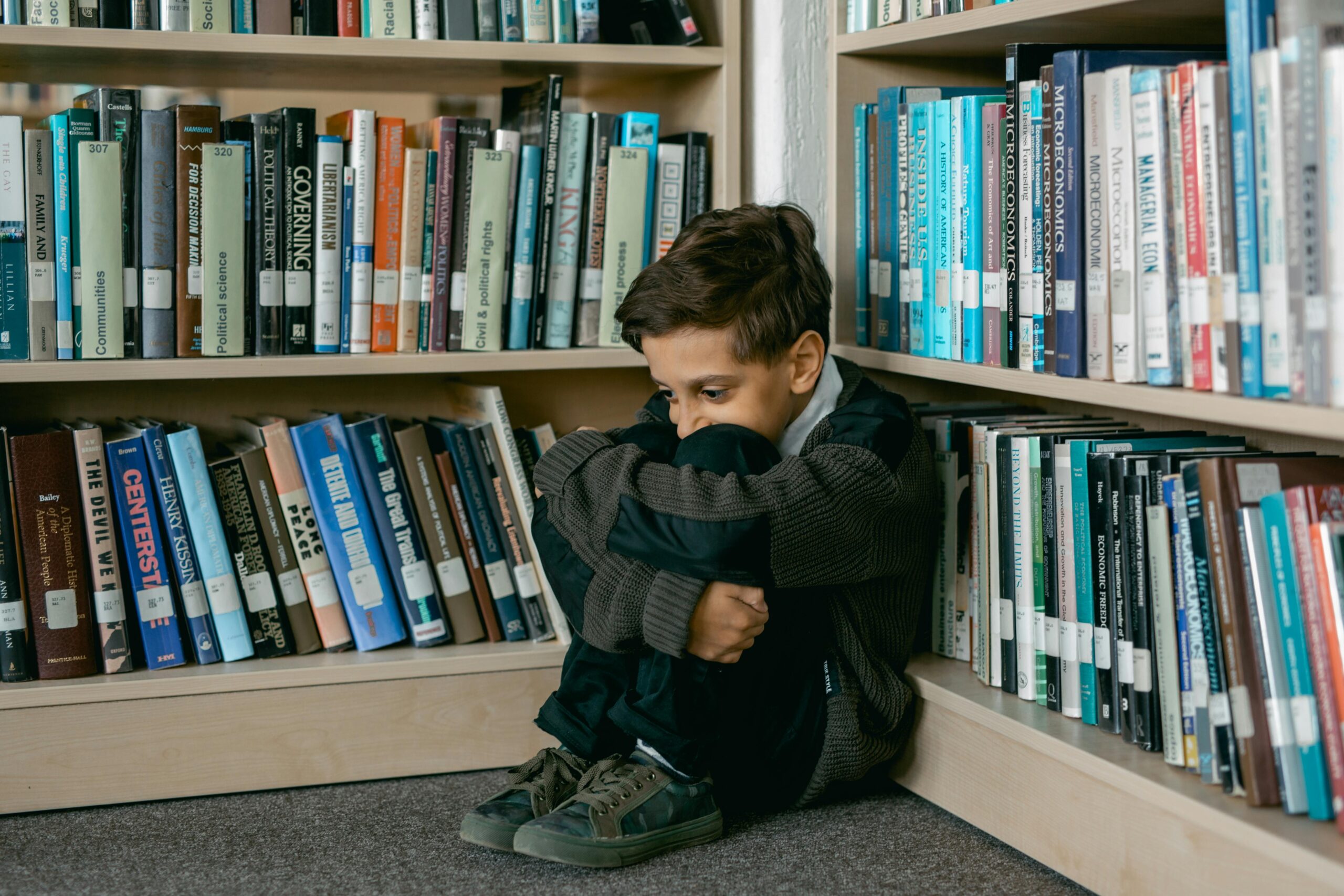The Power of Positive Relationships in our Schools
30 August 2024
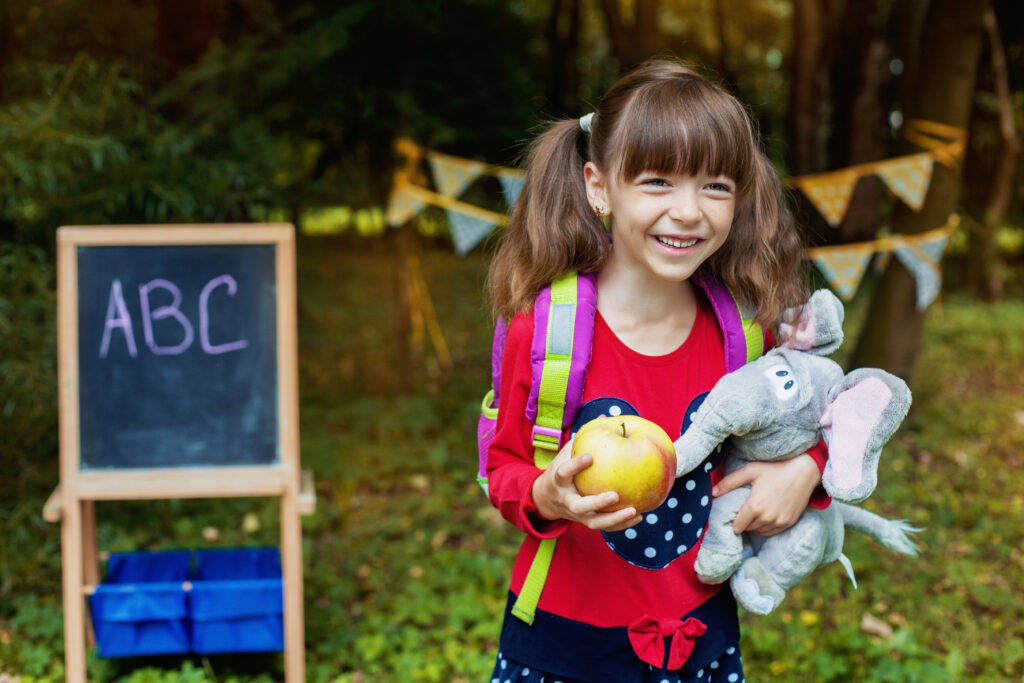
In the ever-evolving world of education, the need to foster positive relationships within schools cannot be overstated. These relationships, whether between teachers and students, among children and young people or within the staff, form the bedrock of a supportive and inclusive educational environment. The impact of positive relationships on behaviour, well-being, and overall academic outcomes is also profound. Let’s explore why these relationships are so crucial and how they might be nurtured within the school community.
Positive Relationships and Behaviour Management
One of the most significant benefits of cultivating positive relationships in our schools is its effect on behaviour. When children and young people feel respected and valued by their teachers and peers, they are more likely to engage positively in the classroom. Research consistently shows that students who have strong, supportive relationships with their teachers are less likely to exhibit disruptive behaviour and more likely to demonstrate and develop self-regulation and cooperation (Hamre & Pianta, 2001).
Positive relationships help create a culture of trust and respect. In such an environment, supporting behaviour shifts from punitive and combative measures to constructive understanding and communication, where children and young people are encouraged to explore their emotions and develop new ways to regulate and behave while learning how to develop and repair relationships. This approach aligns with restorative practices, which focus on repairing harm and restoring relationships rather than simply punishing misbehaviour (Wachtel, 2016).
Inclusion and Positive Relationships
Inclusion is another key area where positive relationships play a vital role. Inclusive education is about more than just placing students with diverse needs in mainstream classrooms; it’s about creating a school culture where every young person feels a sense of belonging and acceptance. This is where the power of positive relationships comes into play.
Students with Special Educational Needs (SEN) or those from marginalized backgrounds often face challenges in feeling included. However, when teachers and peers actively work to build positive relationships with these students, it can significantly enhance their sense of belonging. When we develop positive relationships with the children we work with, we also teach and model how to develop these relationships among peers. A supportive relationship can help students overcome barriers to learning, feel more confident in their abilities, and participate fully in school life (Florian & Black-Hawkins, 2011).
Moreover, inclusive practices that are grounded in strong, positive relationships can lead to better educational outcomes for all students, not just those with SEN. When students see their peers being treated with respect and empathy, it reinforces a culture of inclusion throughout the school while preparing children and young people for a world where they can support and care for each other and themselves.
The Role of Leadership and CPD in Fostering Positive Relationships
Leadership within schools plays a crucial role in promoting and developing a culture of connection and positive relationships. School leaders who prioritize the emotional and social well-being of both students and staff set the tone for the entire school community. Effective leadership in this context involves creating policies and practices that encourage relationships, communication, and mutual respect.
Continuing Professional Development (CPD) is another critical factor in fostering positive relationships within schools. Training programs focused on supporting behaviour, curiosity and inclusion, and emotional intelligence equip teachers with the skills they need to build and maintain positive relationships with their students and colleagues. Our mission at Codevelo is to develop support and training that equips staff with everything they need to develop and partake in cultures that are rooted in belonging and inclusion.
Practical Strategies for Building Positive Relationships
Building positive relationships in schools is not an overnight task, but there are practical strategies that educators can implement to start fostering these connections:
1. Open Communication: Encourage open and honest communication between teachers, students, and parents. This helps to build trust and ensures that everyone feels heard and valued. This also means we must balance the scales when it comes to communicating with parents – the only time they hear from us can’t just be when things aren’t as we’d like them to be.
2. Restorative Practices: Implement restorative practices that focus on repairing relationships rather than punishing students. Sometimes we get to a point where it feels like punishments aren’t working, this is often because.. they’re not! This approach not only helps in supporting behaviour but also strengthens bonds within the school community.
3. Inclusive Activities: Organize activities that promote inclusion and teamwork among students. These can range from group projects to peer mentoring programs, all designed to foster positive interactions. This will require good working knowledge of your children, and when we say getting to know them, we mean making sure that topics that connect aren’t just led by us and our interests, but getting to know theirs, no matter how weird and wonderful they might be!
4. Regular CPD: Ensure that teachers and staff receive regular CPD focused on relationship-building, behaviour support, and inclusive practice. This keeps them equipped with the latest strategies and approaches for fostering positive relationships. Don’t forget, for staff to welcome their students into an inclusive culture, they need to be part of one themselves.
Conclusion
The importance of positive relationships in schools has never been higher. Relationships are the foundation upon which effective behaviour support, inclusive practices, and successful education experiences are built. By prioritizing these relationships, our schools can create an environment where all students feel valued, respected, and motivated to lead happy and positive lives. As educators, it’s essential to remember that at the heart of every effective school is a network of strong, positive relationships that bind our communities together.
References
- Florian, L., & Black-Hawkins, K. (2011). Exploring inclusive pedagogy. British Educational Research Journal, 37(5), 813-828.
- Hamre, B. K., & Pianta, R. C. (2001). Early teacher-child relationships and the trajectory of children’s school outcomes through eighth grade. Child Development, 72(2), 625-638.
- Wachtel, T. (2016). Restorative practices and the life world implications for school discipline. International Institute for Restorative Practices.
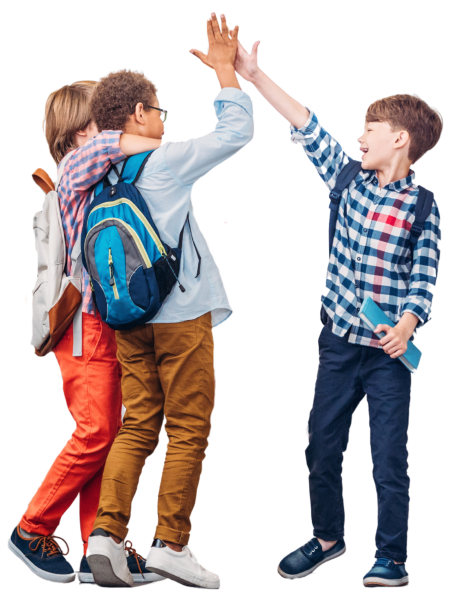
THE TIME FOR KINDNESS
AND CONNECTION IS NOW
We know just how busy you are. We’d love to chat to you about how these courses work and the impact they will have on your school. You may also be unsure about what level of training your school may need – let’s talk!
We’ll get to know you, your school and the needs of your children, staff and community to deliver a bespoke and unique session.
Catch up on news!
Things move quickly. Here you’ll find our thoughts, ideas, research and musings on industry developments and the world of kindness and connection. Take a read..

